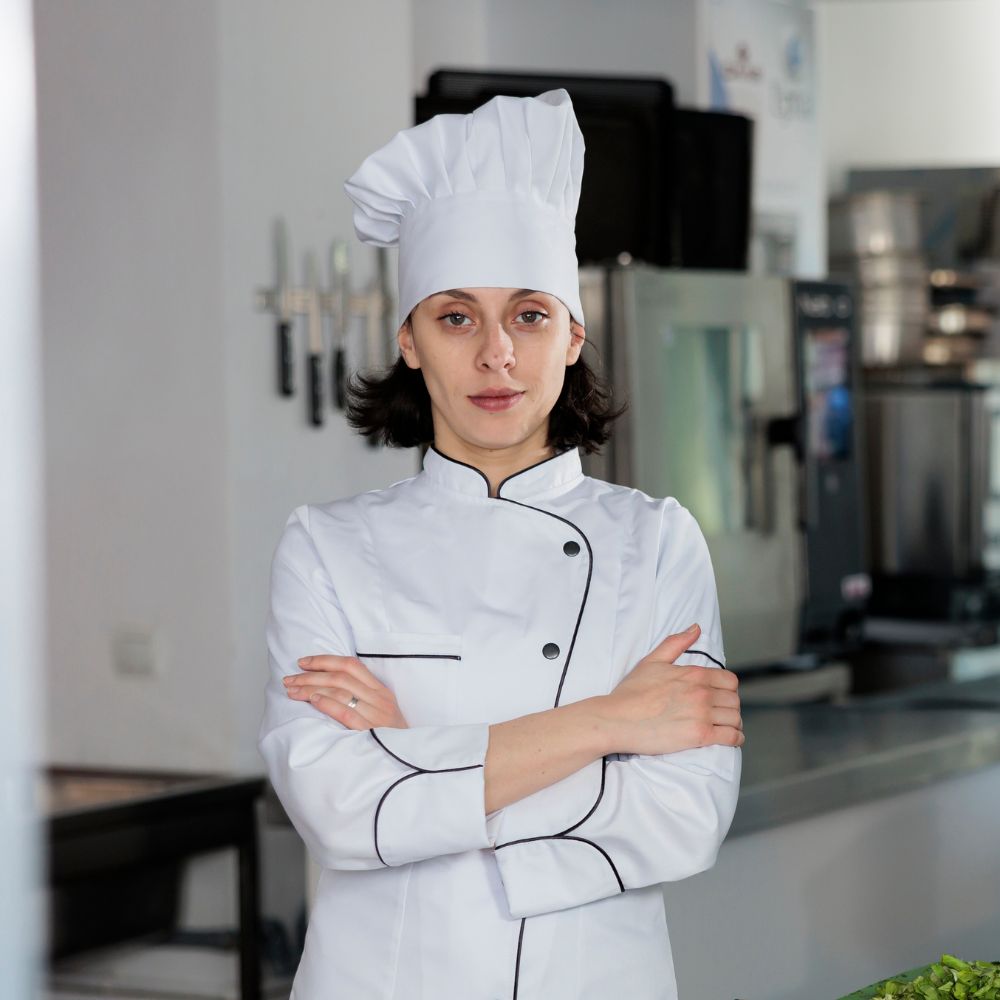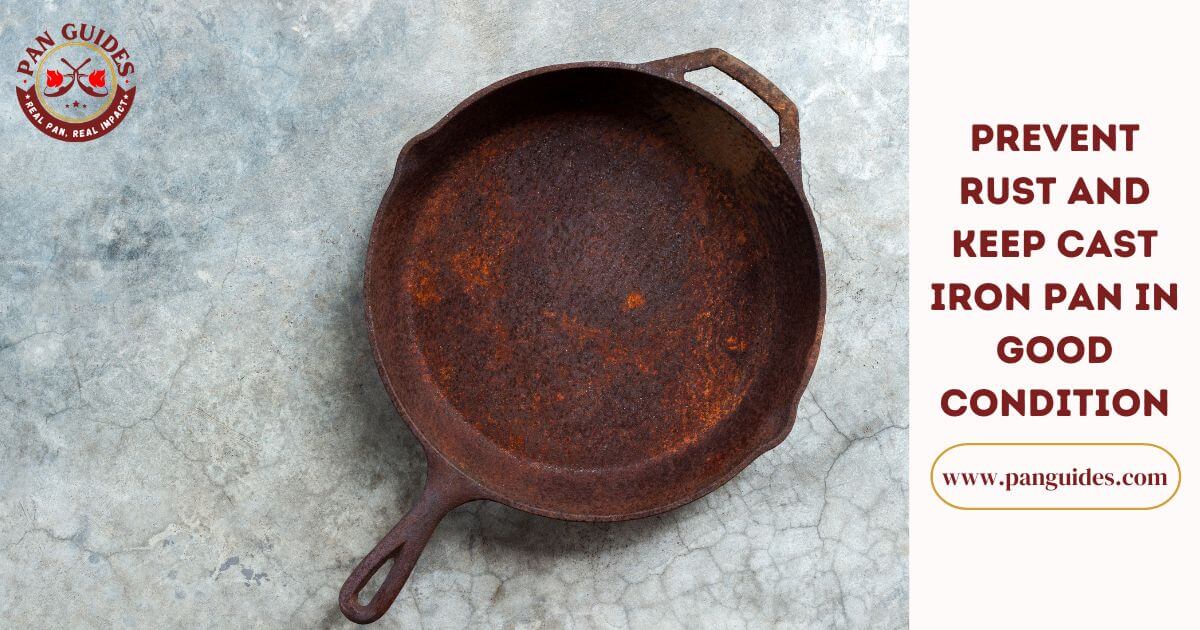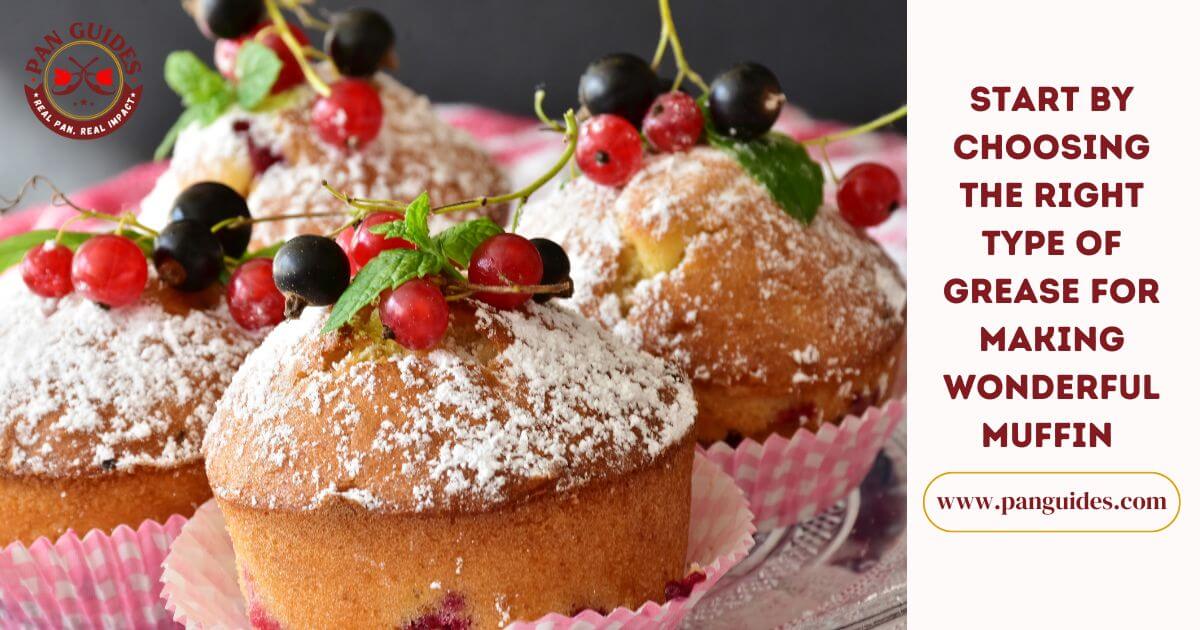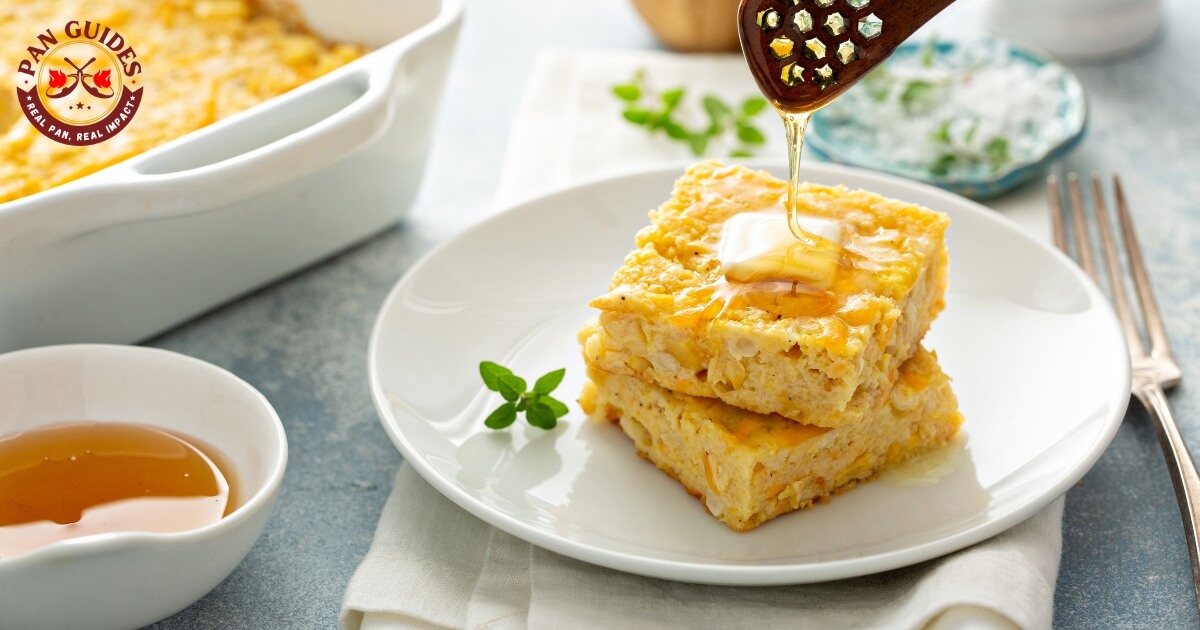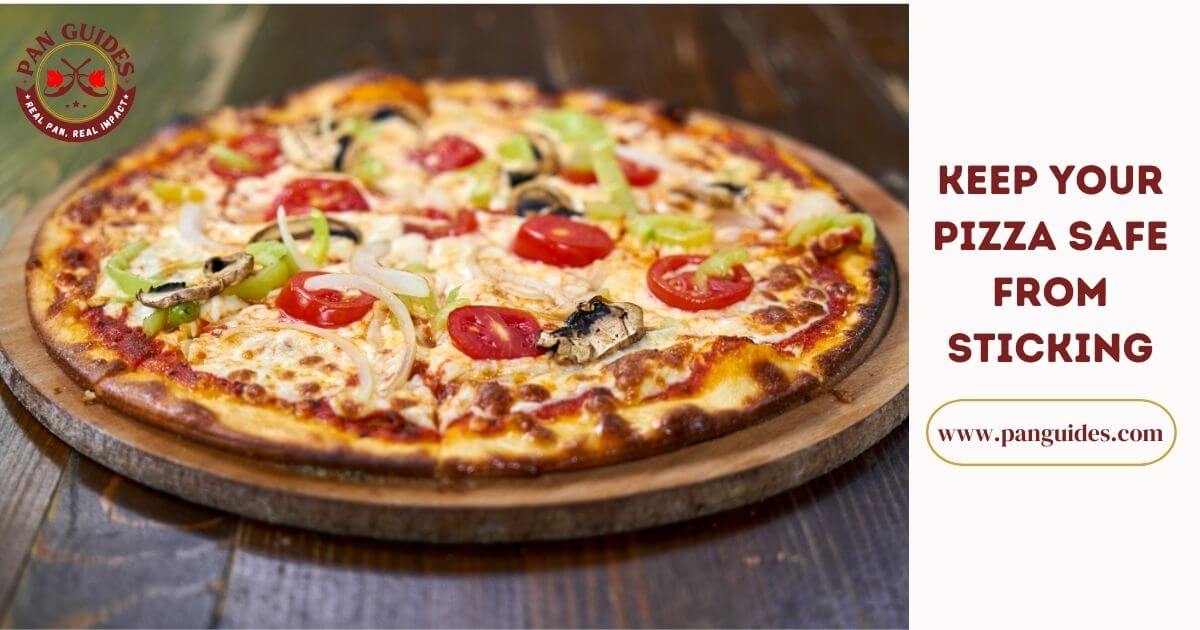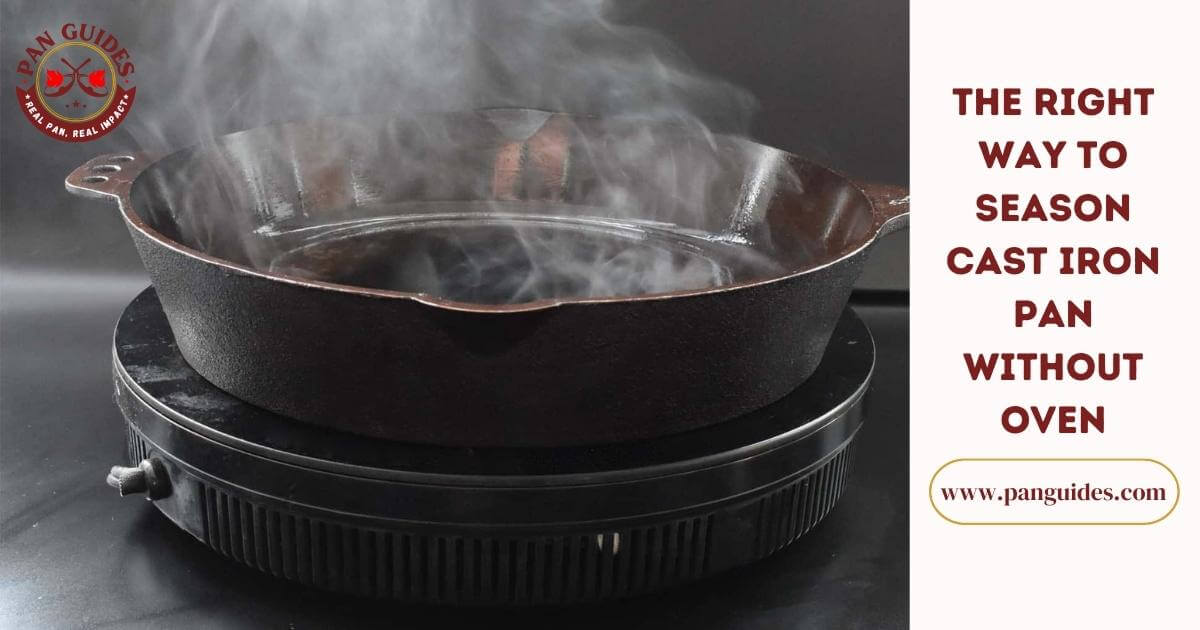Ok, so you are staring at that delicious pan of yours and thinking to yourself, “Man, is this thing ever going to cook properly?” No worries, I’ve faced many factors that can lead to your bottom of pan smoking.
When I first decided to pursue a career in culinary arts, back then I always wondered, “Why does my pan smoke so much”. It seemed like no matter what I did, my pans would always start smoking.
Eventually, I found out that this was a common issue with new cooks.
Pans can be particularly susceptible to smoking because they are not properly seasoned or because they are not heated evenly.
I have been cooking for years, and I am always looking for a way to avoid the pesky problem of my pans smoking. Over time, I have come up with a few solutions to this common issue.
Are you having the same problem? If so, then you are in the right place. Let’s dive deep into it!
What Causes Pans To Smoke?
I’ve always been curious about Why does my pan smoke so much more than others. Why is my pan smoking?
After all, it’s not like the heat from the cooking food is going to cause the metal to catch on fire.
I decided to do a little research and found that it is usually related to the material used to construct the pan.
Pans made of non-stick coating don’t usually smoke pans, while cast iron cookware and carbon steel pans are more prone to doing so.
Ever since I’ve started cooking, I’ve noticed that pans with a thick base take longer to heat up and start smoking.
Meanwhile, pans made of thin metal tend to overheat quickly.
I didn’t know if this has anything to do with the metal’s thermal conductivity, or if it’s just a coincidence, but it’s an interesting observation. What do you think?
Yet, now I am an expert chef, and I know exactly what’s going on. Let’s explore the issue in depth.

High Temperatures and Overheating
The most common culprit is high temperatures. Overheating can cause the metal in the pan to start creating sparks, which in turn causes the smoke.
Pan smoking while cooking is a common problem in households with gas or charcoal burner grills. So, how to prevent smoke when cooking?
If you notice smoke or flames coming from your griddle grill, stop cooking and move the food to a cooler area.
Smoking Point Of The Cooking Oil
Different cooking oils like coconut oil or olive oil have a smoking point, which is the temperature at which vapors released during combustion cause the oil to smoke.
The higher smoke point for most oils is around 446 degrees Fahrenheit (230 degrees Celsius).
When you high heat safflower oil to this temperature, it can cause pan smoke.
Wrong Balance of Seasonings
When cooking with pans, it is important to use the proper seasoning process. In many cases, improper seasoning is due to a lack of understanding of how different spices work together.
Too much salt, sugar, or other spices can create an intense smoke that can fill a kitchen with unpleasant odors.
Knowing the right balance of seasonings will help prevent your pans from smoking and give your food a flavorful and properly seasoned finish.
Yet, if you are a new chef and are suffering from seasoning without an oven then we’ve got a gift for you. Just check out my Blog about how to season cast iron without oven
Uneven Surface
When cooking with a pan, it is important to make sure that the surface of the pan is even. Do not make direct contact with food and uneven surface!
If the surface of the pan is uneven, this can cause the heat to be distributed unevenly which can lead to smoke and a burnt taste in your food.
By taking care to smooth out any dents or scrapes on the pan’s surface, you can prevent these problems from arising. And you can ensure that your food comes out perfectly cooked every time.
Different Pan Types: Why Does My Pan Smoke So Much

Different types of pans smoke differently. Some pans are designed to produce more smoke while others produce less. Some pans are made from different materials that affect the way that smoke is produced.
Additionally, the shape and size of the pan also affect how much smoke it emits.
In this section, I will explore some of the different types of pans and why they produce such a distinct smoking experience.
Why Does My Grill Pan Smoke So Much
Smoke will be produced by a decent grill pan. One of the primary reasons we choose to barbecue outside is the thick, pungent smoke that generates.
There is some good news for those who are concerned about the healthiness of grill pans. Using a grill pan to cook your food is better for you than frying it in a pan.
In addition to generating a Smokey aroma, the deep grooves protect food from frying in its cooking fat.
New Pan Smoking
If you’re like most people, the first time you use a new pan, you’ll see smoke coming out of it. The reason for this is that most new pans are not seasoned yet.
As seasoning aerosols (like cooking oil, bacon grease, or butter) seep into the pores of the metal, they react with oxygen from the air to create smoke and heat. Absence of oxygen when roasting is not possible, right?
Why Does My Cast Iron Smoke When Cooking
Cast iron pans are well-known for their ability to cook food evenly and retain flavor. Yet, why is my cast iron smoking when seasoning?
Some people swear by their cast iron pans, while others find them difficult to use. Cast iron pans can be a challenge to use because of their thick base.
It may take longer for a cast iron pan to have little smoke compared to other pans because of its thicker base.
Cast iron pans can be a great tool, but they can also be temperamental. Yet, how to stop cast iron from smoking?
Make sure you cook with cooking oil at an appropriate temperature (below smoke point) in a clean and well-seasoned cast iron pan over no more than medium heat to avoid smoking.
If your pan starts smoking when it gets too hot, there might be a problem. Cast iron pans have a thick base that can sometimes take longer for the pan to heat up and smoke.
If this is the case, there’s probably not much you can do except wait for the pan to cool down.
Stainless Steel Pans
Because stainless steel is a sturdy material, it is often used in the kitchen.
Stainless steel surfaces also have easy cleaning and remove any traces of oily or soapy residue.
Stainless steel is a good conductor of heat. As a result, the temperature rises quickly. Even a stainless-steel pan may catch fire if it is heated to an excessive temperature.
With or without oil, overheating the pan will cause pyrolysis, which causes the smoke pan every day.
Non-Stick Pan Smoking
When a non-stick pan is overheated, the remaining oil on its surface will begin to smoke.
In certain cases, new non-stick pans may smoke due to the non-stick coating. Temperatures over 350 degrees Fahrenheit will damage this coating.
Here Are Some Tips To Help Prevent Your Pan From Smoking
If you’re like most people, you’re probably familiar with the unpleasant smell and smoke that comes from your kitchen stovetop when something burns.
Why does my pan smoke so much? The good news is that there are a few simple tips you can follow to help prevent this from happening.

Be Sure To Use a Clean Pan Every Time You Cook
According to the U.S. Environmental Protection Agency (EPA), cooking with dirty pans can produce toxic levels of smoke and fumes that are harmful to your health.
So don’t forget to clean your soot pans’ organic material or food particles with a paper towel every time you cook!
Make Sure The Pan Is Preheated
This will prevent the formation of smoke and ensure your food cooks evenly.
Pans that are not preheated can produce smoke and create an unpleasant smell in the kitchen. Preheating your pan will also help ensure that your food doesn’t stick to the surface.
Use Moderate Heat When Cooking; Don’t Overheat Your Pan Or Ingredients
When cooking, always use moderate heat.
Overheating your pan or ingredients will produce smoke, which is not healthy to breathe in.
By using a moderate amount of heat source, you’ll be able to cook your food without having to worry about smoke production.
Never Use A Pan That Is Too Tight Or Too Big
Pan sizes can significantly affect the amount of smoke produced during cooking.
Pans that are too tight or too big will force air into the pan, which will cause it to produce more smoke.
For best results, use a pan that is about two-thirds the size of the food being cooked.
Never Cook With A Pan That Has Been Used To Cook Something Else
This is because the chemicals in the previous cooking process react with the metals in the pan, creating smoke and heat.
The best way to prevent your pans from producing this smell and heat is to never cook with a pan that has been used to cook something else.
Final Words
Hello everyone, I hope this article has come in very handy to identify the factors that may lead your pan to smoke. I have faced many of these factors in my culinary experience and I have learned a few things along the way.
It can be frustrating when something you were so sure was going to turn out perfect ends up being ruined by a smoking pan.
In my culinary experience, I’ve faced many factors that can lead to the pan with smoking.
The most common culprits are over-heating the pan and not using enough seasoning, oil, or butter.
Every chef has had that moment where their pan starts smoking. And they left with wonder, why does my pan smoke so much! By following these simple tips, you’ll be able to avoid having your pan smoke and ruin your dish.
Frequently Asked Questions
I am almost at the end of my blog. Take this FAQ as a parting gift from me. Have a nice cooking experience!
Why does my skillet smoke so much?
Using a cast iron skillet that is too hot is a waste of time. When operating at high temperatures, you aren’t utilizing enough oil. Moreover, pan smoking with nothing in it.
Why is there a lot of smoke when I cook?
Because oil smokes and breaks down faster when it is in touch with a heated surface, you should always heat your pan first before adding oil.
Is smoke from cooking harmful?
Small quantities of carbon monoxide are emitted while cooking as a transparent, odorless, and tasteless gas. The inhalation of cooking smoke.
It contains high concentrations of this gas, which may be fatal if not managed carefully. Since it has been shown to induce a reduction in awareness and subsequently death.
How do you get rid of cooking smells?
Cooking can sometimes leave a smell in the air that is unpleasant to be around. There are a few ways to get rid of cooking smells: using a vent air purifier, using candles, using essential oils, and using a searing deodorizer.
Is smoke from burnt food harmful?
Respiratory issues are a result of this. Small quantities of carbon monoxide are emitted while cooking as a transparent, odorless, and tasteless gas. When this gas is inhaled in large quantities, it may induce a loss of consciousness and, ultimately, death.
How do you get rid of smoke from cooking?
Keeping open your kitchen windows is a great way to get rid of the cooking smoke. Also, you need to know how to reduce smoke when cooking.
What can absorb smoke?
Smoking smells may be successfully eliminated using vinegar’s abrasiveness.
How do I get the burnt smoke smell out of my house?
White vinegar may be used to clean surfaces such as furniture, walls, and floors canola. Also, leave vinegar bowls about the smoke-damaged area for a few days to see if that helps.

